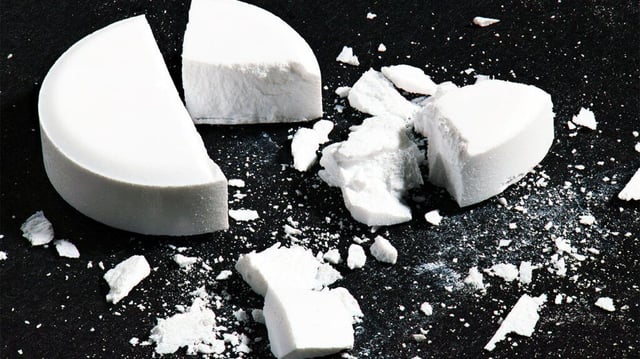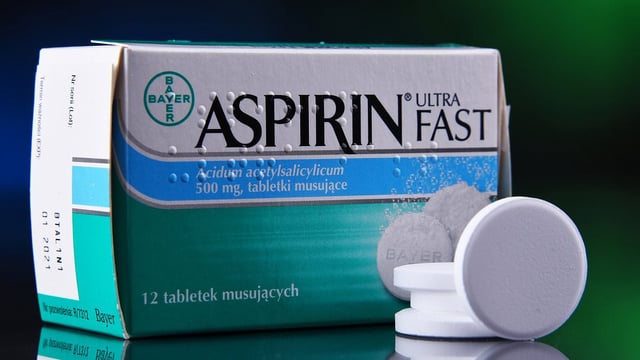Overview
- Australian adults aged 71–77 randomized to 100 mg aspirin daily or placebo over roughly five years showed about a 15% lower cancer incidence with aspirin.
- A secondary analysis identified heterogenous effects, with greater benefit among non-smokers, those with lower BMI, older participants within the study range, and people with a family history of cancer.
- Clonal hematopoiesis of indeterminate potential at a variant allele frequency of at least 10% emerged as the strongest predictor of benefit.
- Among 9,350 participants with genomic data, 5.7% had CHIP, and modeled treatment effects varied substantially, with an estimated hazard ratio of 0.85 in a favorable subgroup versus 1.14 in an unfavorable subgroup.
- Investigators caution that findings from relatively healthy older white Australians may not generalize broadly and emphasize weighing established bleeding risks before considering aspirin for prevention.

